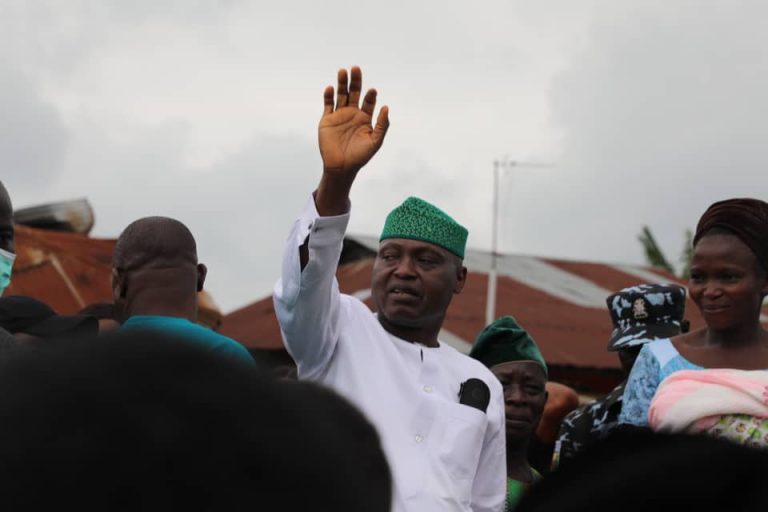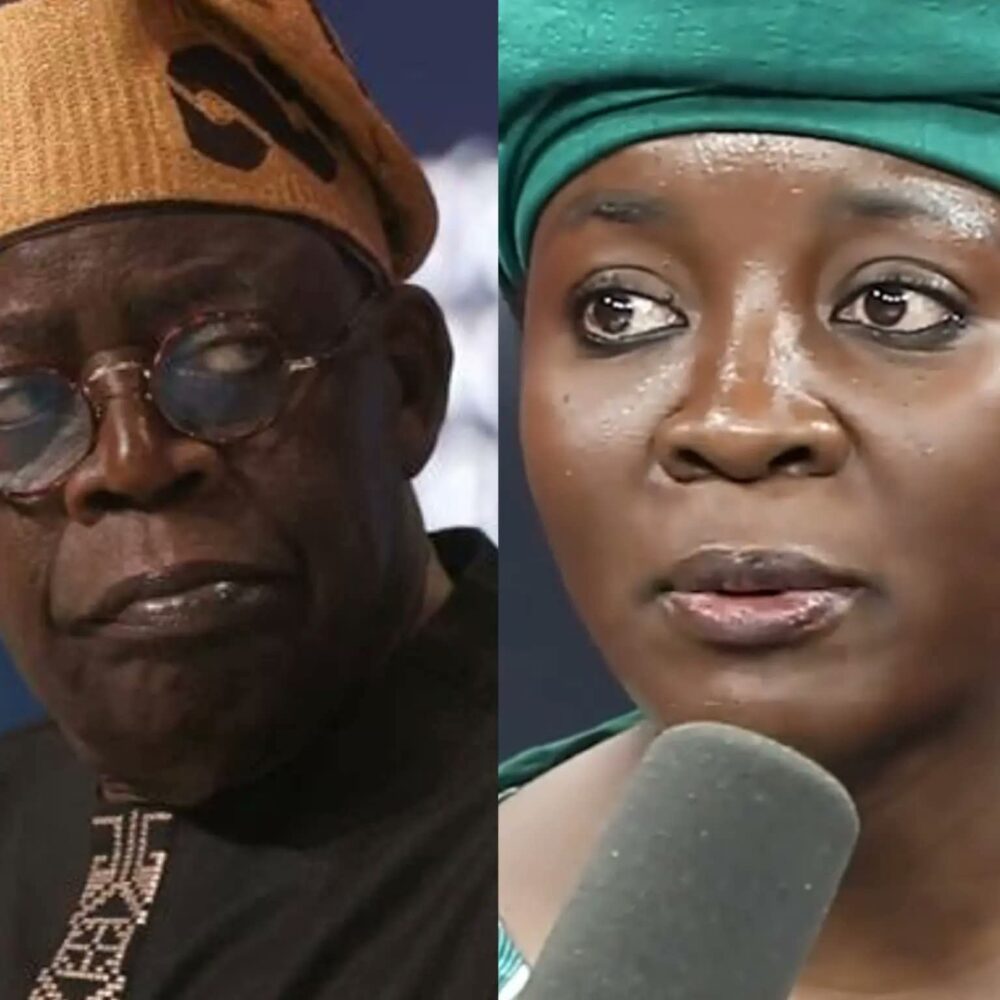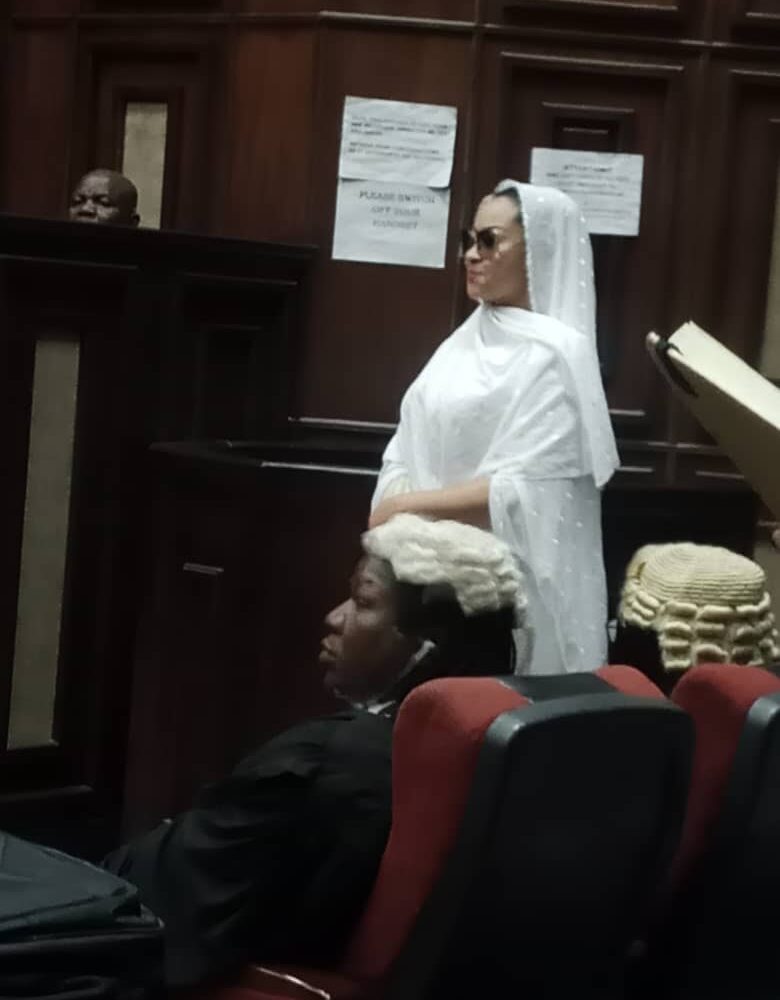Kasirim Nwuke in his article titled ‘Nigeria’s VP Osinbajo cannot blame the country’s implosion on the ‘silence of the elite’ fatally took a dive that saw him totally misunderstanding Vice President Yemi Osinbajo’s call for Nigerian elites to speak up to the protracted security challenges that confront the country. Rather than re-echoing the VP’s passionate call for involvement of well-meaning Nigerians to end the choking circle of violence, the seminal writer chose to ride on a distorting voyage thus giving unrelated meaning to what was originally designed to calm frayed nerves and douse tensions that have enveloped the nation.
The writer in trying to redefine the ideology of elitism tried frantically to separate those in government which Professor Yemi Osinbajo represents from those not in government which the writer sees himself in that constituency. Failing to grasp the reality that being part of the elite circle does not percolate the liberty of calling out other members of the elites’ class to act where and when necessary. Except, of course, the writer expects the Vice President to stick to the unwritten maxim of ‘always’ absolving the elites when things aren’t going well with the nation. Being responsible has no other definition than the VP’s clarion call for every right-thinking stakeholder of the Nigerian project to be involved in finding lasting peace to our security problems. To call for peace in troubled clime is not a reserve of only those in government – like the rain, everyone is a ‘beneficiary’ of crisis when left unchecked. Professor Yemi Osinbajo hasn’t infringed on the sacredness of the elites with his call for their intervention.
Every society is like a chess game; the players, the chessboard and the chess seed. Chess game defines the power play of every political setting. In Nigeria there is a force that determines who hold the rein of power, there is a force behind the outcome of elections, a force that shapes the perception of the people and determines their choice before election. The king and the queen in a chess game do not move themselves. Their actions are predetermined by the strategy of the player who pushes the button base on what is expected. To borrow a leaf from the philosophy of politics, not all power has authority but every authority is backed by power.
The choice of the word elites in the submission of the Vice President is not an off-key in the rendition of a sorrowful ballad for a struggling system. The elite are not necessarily the rich and powerful, but those who have the reach and those who control the people’s perceptions. This can be in the media, religious organizations, traditional rulers, teachers and opinion moulders. They have either the option to inform or misinform the people, to guide or misguide them. All attributed to what is to come to the society or to them. If those in power determine their fate, the Arab spring and many other political insurrections wouldn’t have happened! The fate of our country as a people lies with those who are the engine room of democracy, and that is the people – they are the elites of democracy.
In ideal and near-perfect societies, those who contest elections are the servants of the people. We must grow a society where such is the ideal. To butter the points raised by the VP, there is something that needs to be done that is not done. There is work we need to do that is not being done. Those we see as those who have the solutions to our problem are the same people who are benefiting from the problem. We the people, we the power, we the ‘elite’ must know what we need and force our representative to take a new step towards ending this menace.
We have moved from one level of insecurity to the other. This has shaped our economy, our social fibres, and our beliefs, especially in our country Nigeria. It is time that the people push the power chess button and not the buttons pushing the players- this is the philosophy of an ideal order where elite’s consensus and reconciliation will be the solution to our lingering security quagmire. This is where Vice President Osinbajo draws his inspirations from that the writer is deadly averse to. The growth and ruin of any nation lie squarely on the consensus of its elites.
We must know that we the people, rich or poor, high or low, famous or unknown are the elites. All that we see that is bad can be made good by our collective resolve as the powerhouse of democracy and the economic anchor of our society. Looking at power through the lens of authority will never give us the ability to hold our leaders accountable. The President is the highest “Office of Authority” but the market woman, the school teacher and the office cleaner are the elites of democracy. Power resides with them; they are the elites. The problem may not start with them but it can end with them before it ends them.
What the writer is trying to sell is the age-long cliché of the hue cry of marginalization sustained by the current administration, and to champion his diatribe, he expects Professor Yemi Osinbajo to be the fall guy. How the call for restraint by disgruntled elements amounts to persecution baffles keen watchers. Nwuke expects the implosion of the country because a certain interest feels left out in political decision and therefore the country must burn! This will not happen because the system was designed to give to each what he brings to the table. Power only changes hand by the outcome of elections, and Nwuke should wait for the next circles of election to fulfil his yearning instead of wishing the nation crumbles in chaos.
Frankly musing





